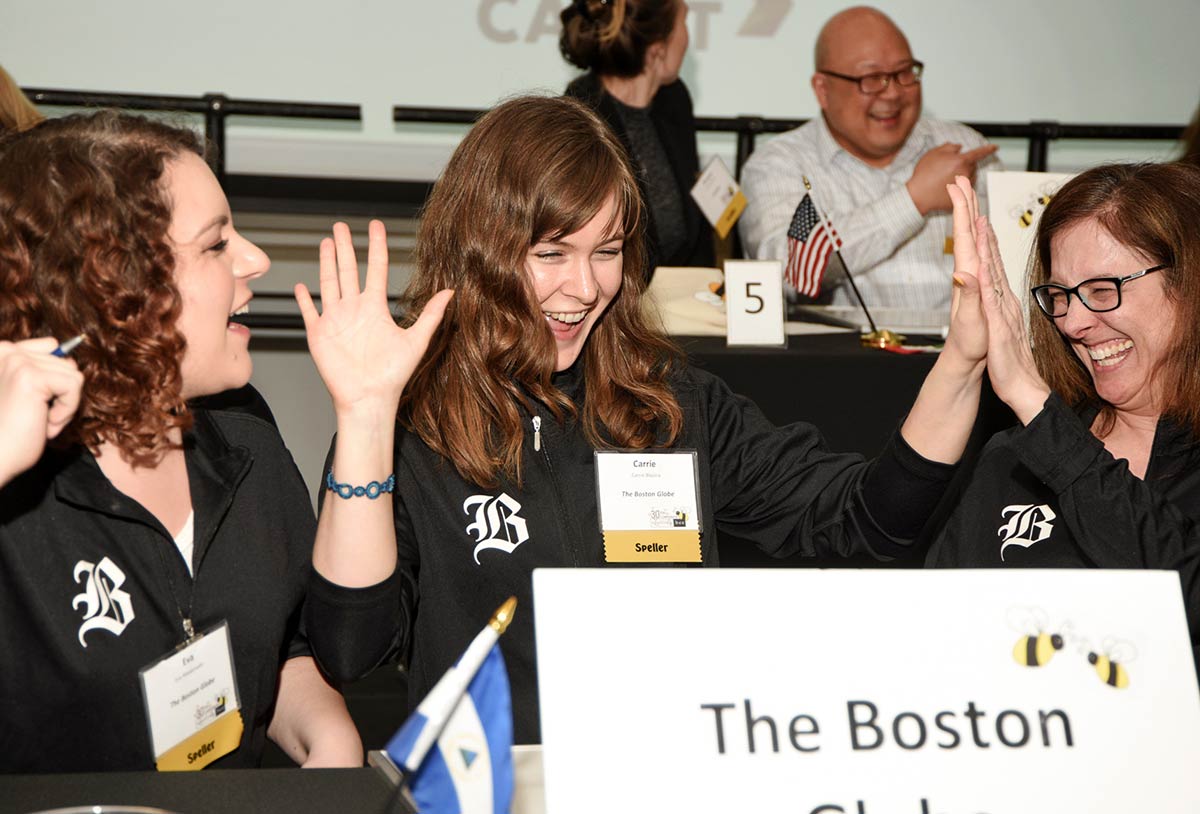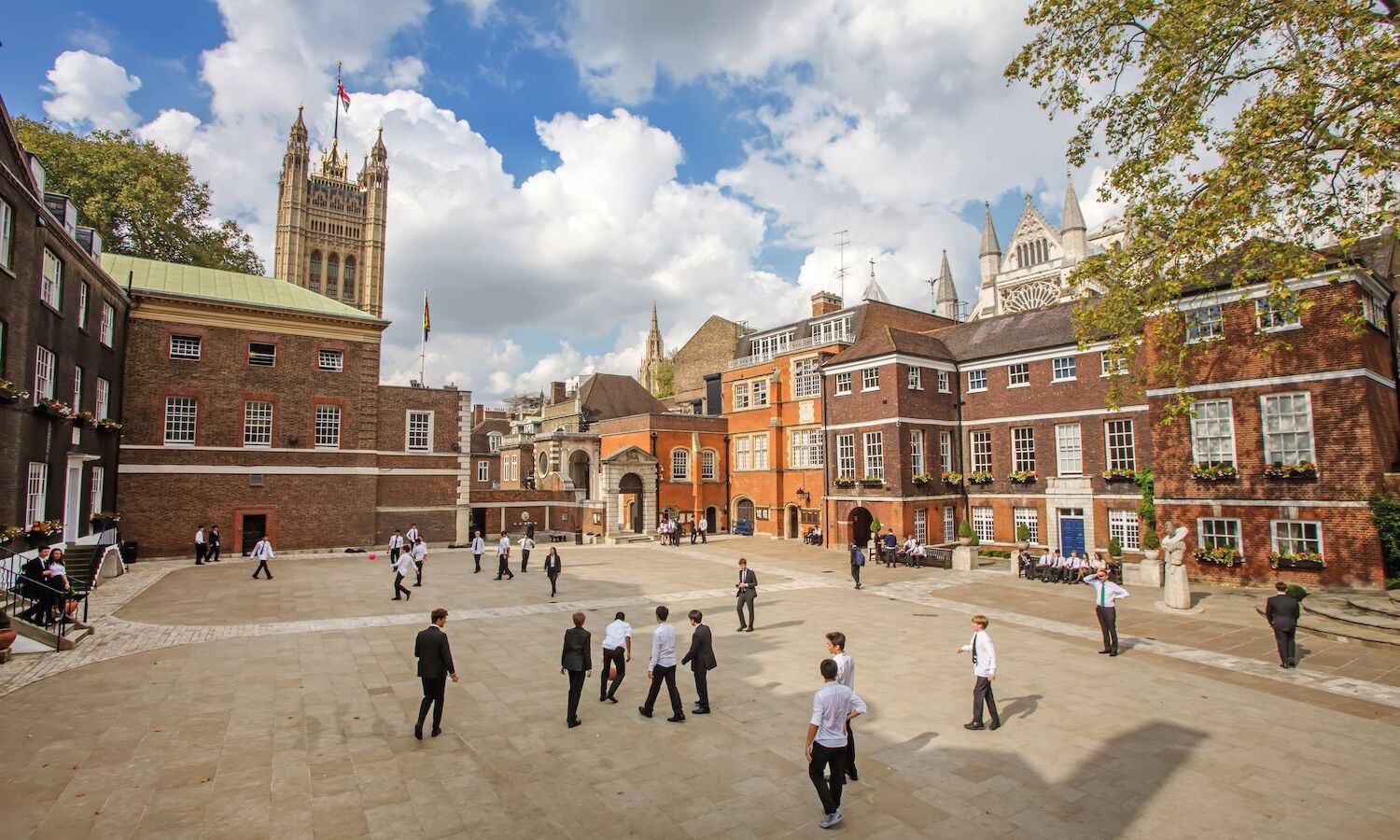
Spelling bees have become a staple in the world of academia and literacy, captivating audiences with the impressive display of linguistic prowess. These events are not only a test of one’s ability to spell words correctly but also an opportunity to showcase intelligence, memory, and composure under pressure. Whether you have participated in a spelling bee or have simply been a spectator, you have likely witnessed the intense concentration and anticipation that fills the room.In this article, we will delve into the fascinating world of spelling bees, uncovering 15 enigmatic facts that shed light on the history, significance, and impact of these events on literacy. From the origins of spelling bees to the youngest and oldest participants to astonishing record-breaking achievements, let’s discover the captivating world behind the spellbinding phenomenon.So, fasten your seatbelts as we journey through the intriguing realm of spelling bees and explore the ways in which these events drive a love for language and foster a deep appreciation for the written word.
Key Takeaways:
- Spelling bees have been around since the 18th century and have evolved into a competitive event that promotes literacy and language skills among students.
- The Spelling Bee is not just about spelling; it’s also an intellectual challenge that encourages vocabulary development and fosters a love for language.
The Origin of the Spelling Bee
The concept of the spelling bee can be traced back to the early 18th century, where it was originally used as a means to improve literacy among students. Over the years, it has evolved into a highly competitive event that showcases the spelling prowess of participants.
The First National Spelling Bee
The first National Spelling Bee in the United States took place in 1925, initiated by The Courier-Journal, a newspaper in Kentucky. Since then, the event has gained significant popularity and has become an annual competition.
Word Selection Process
Choosing the words for the Spelling Bee is a meticulous process. A panel of experts meticulously selects words from various sources, including dictionaries, literature, and even specialized word lists, to ensure a diverse range of difficulty levels.
The Youngest Speller to Win
In 2016, a six-year-old named Akash Vukoti became the youngest speller to qualify for the National Spelling Bee. His exceptional spelling skills earned him a spot in the competition, impressing everyone with his abilities at such a tender age.
The Record-Breaking Spelling Bee
In 2019, the Scripps National Spelling Bee ended in an unprecedented eight-way tie. The competition had reached a point where the participants had exhausted all the designated championship words, leading to an unprecedented decision to declare multiple winners.
The Spelling Bee Pronouncer
The role of the Spelling Bee pronouncer is crucial. They must pronounce each word clearly and give its definition, usage in a sentence, and any necessary hints or language of origin. The pronouncer’s knowledge and articulation skills are essential to the success of the event.
The Trophy
The Scripps National Spelling Bee trophy is an iconic symbol of achievement in the world of spelling. It is known as the “Beehive” and is made of engraved wood, featuring honeybees and the names of past champions.
International Spelling Bee Competitions
The Scripps National Spelling Bee is not limited to participants from the United States. It has expanded to include international participants from countries like Canada, Ghana, Guam, Jamaica, and South Korea, among others.
Spelling Bee Sponsorship
The Spelling Bee for Literacy relies on the support of various sponsors. Companies, organizations, and individuals contribute funds to ensure the successful organization and execution of the event, promoting literacy and education.
The Vocabulary Round
In addition to spelling, participants are often tested on their vocabulary knowledge. The Vocabulary Round requires participants to not only spell words correctly but also understand their meanings, further emphasizing the importance of language skills.
The Elimination Process
The Spelling Bee follows a strict elimination process. Participants are given one chance to spell a word. If they spell it correctly, they move on to the next round. However, if they misspell a word, they are eliminated from the competition.
The Pressure of the Spelling Bee
The Spelling Bee can be an intense and nerve-wracking experience for participants. The pressure to perform at a high level while being watched by an audience and under the scrutiny of judges adds to the challenge of the event.
Spelling Bee Preparation
Preparing for a Spelling Bee requires dedication and hard work. Participants spend hours studying word lists, practicing spelling techniques, and honing their language skills to increase their chances of success in the competition.
The Intellectual Challenge
The Spelling Bee is not just a test of spelling ability; it is also an intellectual challenge. Participants must understand the rules, origins, and meanings of words, showcasing their comprehensive language knowledge.
The Impact on Literacy
The Spelling Bee for Literacy has a significant impact on promoting literacy among students. It encourages a love for language, fosters vocabulary development, and inspires young minds to excel in their literacy skills.
Conclusion
In conclusion, the Spelling Bee for Literacy is not just a competitive event, but also a celebration of language and literacy. It not only showcases the spelling prowess of young participants but also encourages a love for words and reading. The enigmatic nature of the spelling bee, with its complex rules and unpredictable words, makes it an intriguing and captivating event to watch.Through the Spelling Bee for Literacy, participants not only improve their spelling skills but also enhance their vocabulary, memory, and critical thinking abilities. It promotes healthy competition and instills a sense of confidence and self-esteem in the participants. Moreover, the event raises awareness about the importance of literacy and the power of words in our lives.The Spelling Bee for Literacy serves as a platform for students to showcase their linguistic abilities and to appreciate the beauty and complexity of the English language. It brings together students, educators, and communities in a shared goal of promoting literacy and learning. So, let’s continue to support and celebrate this remarkable event and its contribution to enhancing literacy among today’s youth.
FAQs
1. What is a Spelling Bee for Literacy?
A Spelling Bee for Literacy is an event where participants compete to correctly spell words. It aims to promote literacy and language skills among students.
2. Who can participate in a Spelling Bee for Literacy?
Students from various age groups can participate, ranging from elementary school to high school. Some Spelling Bees also have competitions for adults.
3. How are words selected for a Spelling Bee for Literacy?
Words for a Spelling Bee are often chosen from a predetermined list provided by the organizers. These lists typically include words of varying levels of difficulty.
4. How does the competition work?
Participants take turns spelling words given by a moderator. If a participant misspells a word, they are eliminated. The last participant remaining is declared the winner.
5. What are the benefits of participating in a Spelling Bee for Literacy?
Participating in a Spelling Bee helps improve spelling, vocabulary, memory, and critical thinking skills. It also boosts confidence and fosters a love for language and learning.
6. How can I prepare for a Spelling Bee?
Preparation involves studying word lists, understanding spelling rules, and practicing spelling through quizzes and mock competitions. Reading extensively also helps in improving vocabulary.
7. Are there any rewards for winners of a Spelling Bee for Literacy?
The rewards for winners can vary but often include trophies, certificates, scholarships, and recognition within the community.
Was this page helpful?
Our commitment to delivering trustworthy and engaging content is at the heart of what we do. Each fact on our site is contributed by real users like you, bringing a wealth of diverse insights and information. To ensure the highest standards of accuracy and reliability, our dedicated editors meticulously review each submission. This process guarantees that the facts we share are not only fascinating but also credible. Trust in our commitment to quality and authenticity as you explore and learn with us.


